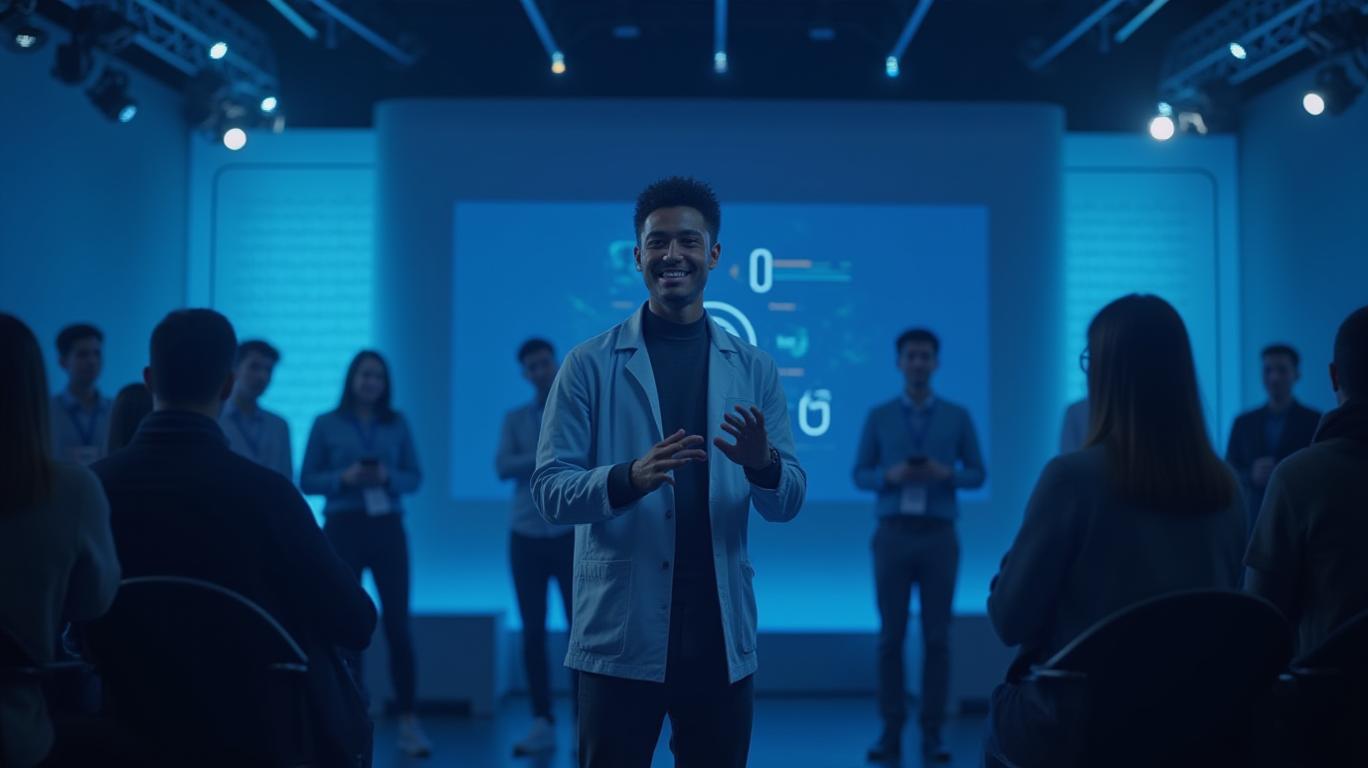ChatGPT-4.5 Passes Turing Test With 73% Success Rate
OpenAI's ChatGPT-4.5 has achieved a significant milestone by passing the Turing Test with a 73% success rate. This accomplishment, detailed in a recent study by the University of California, San Diego, demonstrates the AI model's ability to convincingly mimic human conversation in text-based interactions. The study compared GPT-4.5 with earlier iterations such as GPT-4.0, ELIZA, and LLaMa-3.1-405 B, highlighting GPT-4.5's superior performance in detecting subtle language cues and appearing more human-like.
Cameron Jones, a postdoctoral researcher at UC San Diego, noted that while GPT-4.5 can convincingly simulate emotional and sexual experiences, it struggles with real-time information or current events. The Turing Test, proposed by Alan Turing in 1950, evaluates a machine's ability to mimic human conversation convincingly enough to fool a human judge. The study used two types of prompts: a baseline prompt with minimal instruction and a more detailed prompt directing the model to adopt the voice of an introverted, internet-savvy young person using slang. Researchers found that GPT-4.5, along with LLaMa-3.1-405B and the persona prompt, performed best in these evaluations.
The study also explored the broader social and economic implications of large language models passing the Turing Test, including potential misuse such as misinformation, fraud, and social engineering. Jones highlighted the risks of bots pretending to be people to inflate interest in a cause or persuade individuals to share sensitive information. OpenAI recently announced the launch of GPT-4.1, an even more advanced AI model that can process extensive documents, codebases, or novels. OpenAI plans to sunset GPT-4.5 and replace it with GPT-4.1 this summer.
Jones emphasized that the Turing Test remains relevant as a measure of whether a machine can convince a person it is human, despite not being a perfect test of intelligence or human-likeness. The study's findings underscore the rapid advancements in natural language processing and machine learning technologies, as well as the need for ethical considerations and regulations to ensure responsible AI use. The success of ChatGPT-4.5 in the Turing Test highlights the potential for AI to revolutionize various industries, from customer service to healthcare, while also raising concerns about job displacement and malicious use. As AI continues to advance, collaboration among policymakers, researchers, and industry leaders will be crucial to ensure that these technologies benefit society as a whole. 
Quickly understand the history and background of various well-known coins
Latest Articles
Stay ahead of the market.
Get curated U.S. market news, insights and key dates delivered to your inbox.



Comments
No comments yet